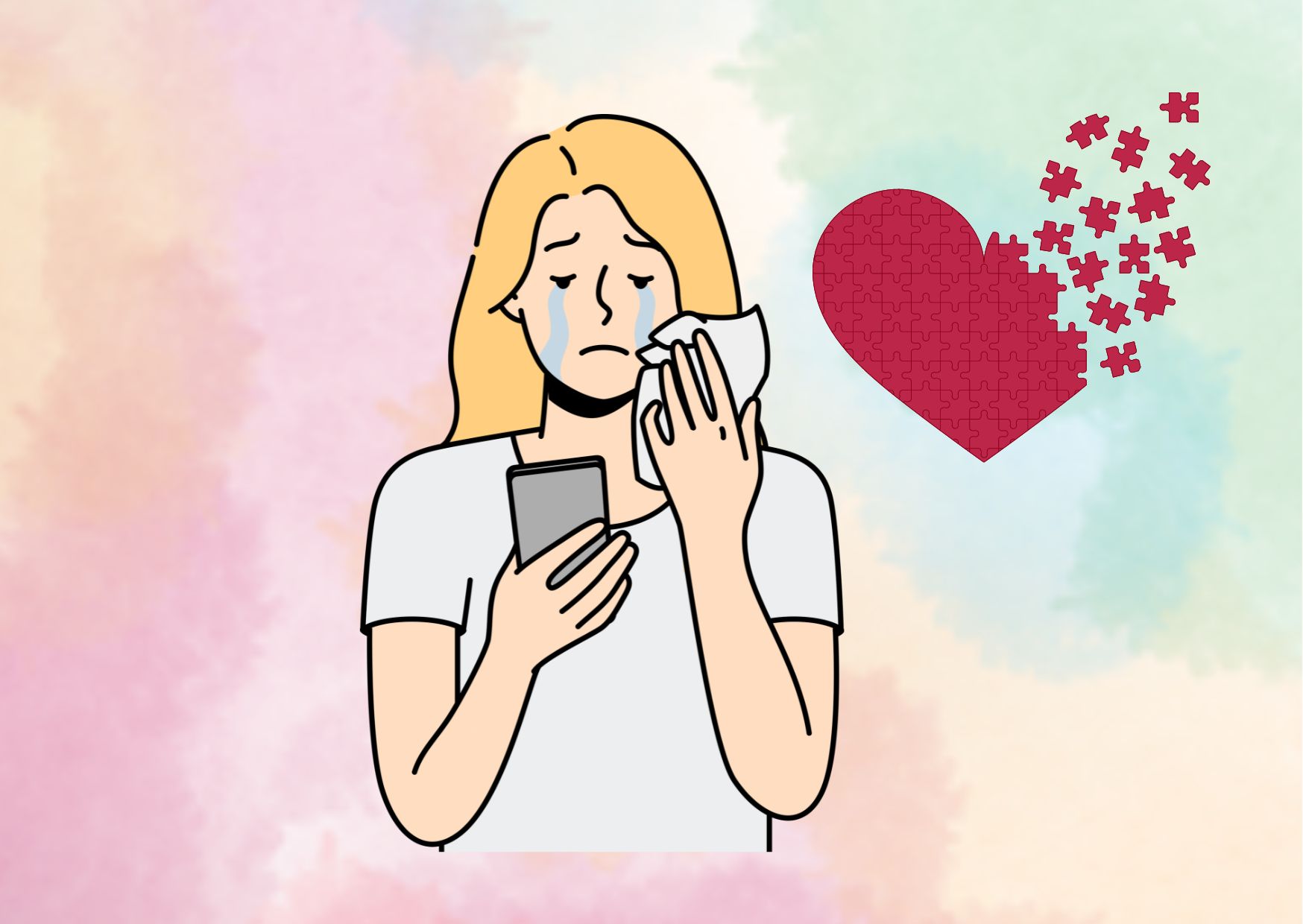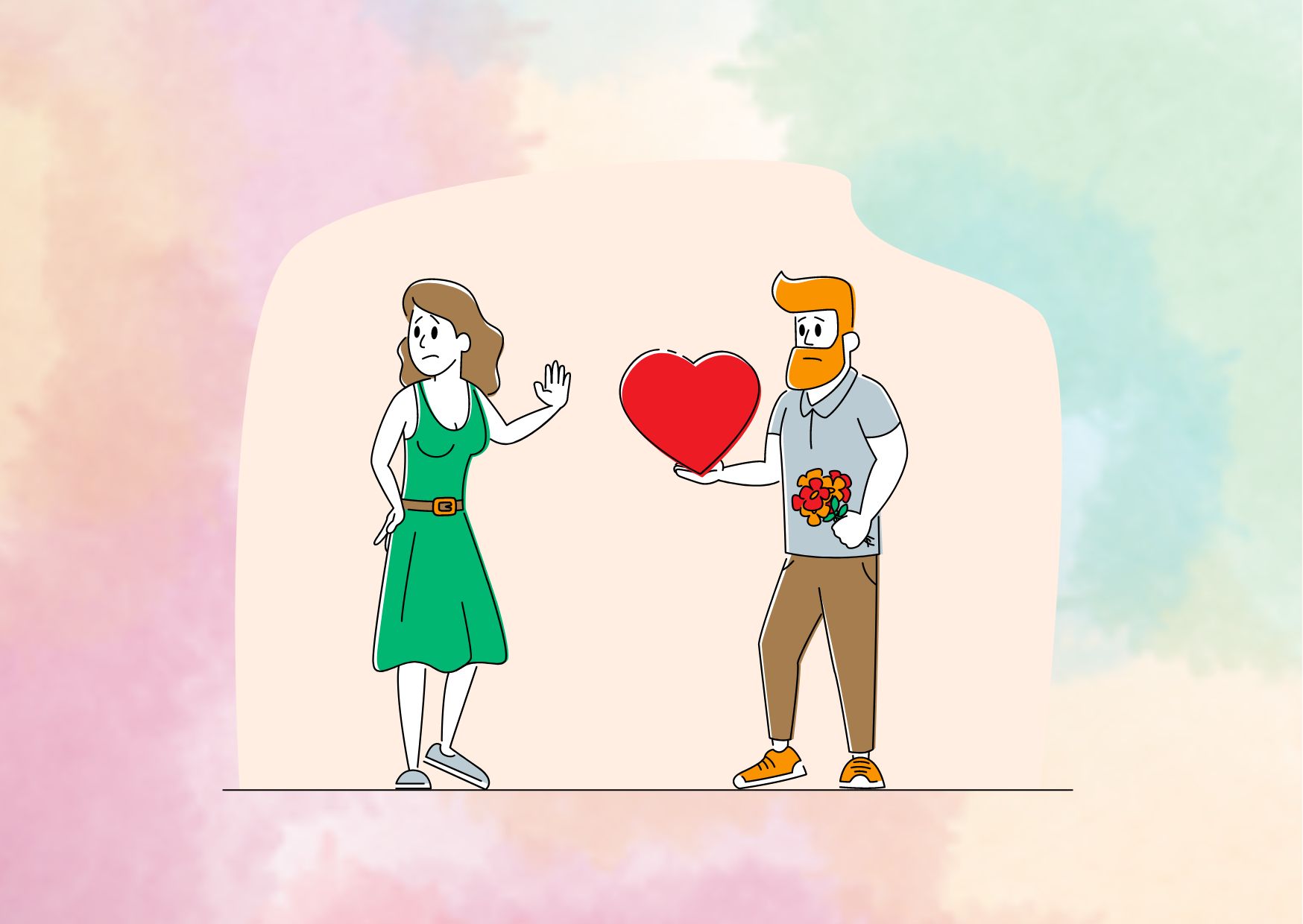Dealing with Painful Unrequited Love: A Comprehensive Guide
Unrequited love is a common experience where one person has romantic feelings for another who does not feel the same way. It is a major theme in literature and drama, and psychologists are now starting to study it systematically. Unrequited love can cause both positive feelings like excitement and passion, as well as negative feelings such as low self-esteem, depression, and anxiety. The rejection of unrequited love can activate the same brain regions as physical pain.
This guide explores the ache of unrequited love and the psychology behind the pain. It recognizes the signs of unrequited love, outlines the five main types, and provides coping strategies for getting over unrequited love and moving on. The guide also offers insights on maintaining friendships after unrequited love and the art of rejecting with compassion when faced with unrequited love in a relationship.
The Ache of Unrequited Love
The ache of unrequited love can be a profoundly painful experience that resonates on both emotional and physical levels. At its core, the pain stems from the brain’s reaction to rejection, which activates the same regions as physical agony. This neurological response triggers a torrent of negative emotions, including low self-esteem, depression, anxiety, and a deep sense of grief.
While unrequited love may be less emotionally intense than reciprocated love, its impact can be significant and long-lasting. The grieving process becomes particularly challenging as there is often no clear delineation between the “before” and “after” stages of the loss, making closure elusive. The longing for validation and the need for approval from the object of affection can exacerbate the ache, leaving the individual feeling empty and hollow, as if their heart has been metaphorically “stabbed and left to rot.”
The psychological turmoil of unrequited love can manifest in various ways, such as:
- Constant checking of the phone, hoping for a response
- Feelings of despair and questioning one’s self-worth
- Intense jealousy and anger towards potential romantic rivals
- A vicious cycle of emotional distress as the individual continues to pursue the relationship, despite the rejection
Interestingly, research suggests that the pain of unrequited love afflicts not only the rejected party but also the rejecter, indicating the complex psychological processes at play. This finding underscores the significant emotional distress experienced by both parties, highlighting the profound impact of unrequited love on the human psyche.
The Psychology Behind the Pain
Unrequited love, while less emotionally intense than reciprocated love in terms of passion, sacrifice, dependency, commitment, and practical love, can still inflict significant psychological turmoil. The root causes of unrequited love are multifaceted, often stemming from developing romantic feelings for a friend, proximity to the person, shared hobbies or interests leading to perceived compatibility, mixed signals between friends, unbalanced attraction levels, or insecure attachment styles.
Underlying Factors
- Idealization: One potential reason for unrequited love is the tendency to idealize the other person, overlooking their flaws and complexities, and projecting an idealized version onto them.
- Desire for the Unattainable: Paradoxically, some individuals may develop feelings for someone they know they cannot have, perhaps due to an unconscious desire for the unattainable or a fear of intimacy.
- Attachment Styles: Insecure attachment styles, such as anxious or avoidant attachment, can contribute to the development and persistence of unrequited love. These attachment patterns, often rooted in childhood experiences, can lead to difficulties in forming secure, healthy relationships.
Psychological Impact
The psychological impact of unrequited love can be profound, with both positive and negative effects. While feelings of excitement, passion, and infatuation may initially arise, the rejection and lack of reciprocation can trigger a cascade of negative emotions, including low self-esteem, depression, anxiety, and distress. Notably, the brain processes the rejection of unrequited love in a manner similar to physical pain, activating the same neural pathways and eliciting a powerful emotional response.
Recognizing the Signs
Unrequited love can manifest in various ways, making it crucial to recognize the telltale signs. Here are some common indicators that someone may be experiencing unrequited love:
One-Sided Efforts
One of the most apparent signs of unrequited love is a persistent pattern of one-sided efforts to connect and communicate. The individual may initiate most, if not all, interactions, while the other person remains disengaged or unresponsive. This imbalance can be observed in the frequency of texts, calls, or attempts to spend time together.
Longing for Intimacy
Another telling sign is a deep longing for physical touch, intimacy, or emotional closeness that the other person consistently resists or avoids. The individual may crave affection, physical contact, or meaningful conversations, but their advances are met with indifference or rejection.
Idealization and Pedestalization
Individuals experiencing unrequited love often idealize and put the object of their affection on a pedestal. They may overlook flaws, project an idealized version onto the other person, and perceive them as perfect or flawless, despite evidence to the contrary.
Mixed Signals and Closed-Off Body Language
In some cases, the object of unrequited love may send mixed signals or exhibit closed-off body language. They may alternate between being warm and friendly, then distant and aloof, leaving the individual confused and clinging to hope. Additionally, their body language may be closed off, with a lack of eye contact or physical proximity.
Lack of Reciprocation
Perhaps the most obvious sign of unrequited love is a lack of reciprocation from the other person. They may not make the same effort to spend time together, show little interest in establishing a deeper relationship, or be openly involved and happy with someone else, leaving no room for ambiguity.
It’s important to recognize these signs and address the situation in a healthy manner, as prolonged unrequited love can lead to emotional distress, low self-esteem, and potential strain on existing relationships.
The Five Types of Unrequited Love
Unrequited love can manifest in various forms, each with its unique nuances and emotional complexities. According to research, there are five main types of unrequited love:
- A Crush on Someone Unavailable: This type of unrequited love often involves developing feelings for someone who is already in a committed relationship or is otherwise unavailable for romantic involvement. The individual may harbor a secret crush, fantasizing about the object of their affection while fully aware of the improbability of their feelings being reciprocated.
- A Fixation on Someone Nearby: In this scenario, the individual develops an intense fixation on someone in their immediate surroundings, such as a coworker, classmate, or neighbor. Proximity and frequent interaction can fuel the desire for a deeper connection, even when the other person may not share the same romantic inclinations.
- Pursuing a Love Object: This type of unrequited love involves actively pursuing someone who has already rejected the individual’s advances or shown no interest in a romantic relationship. Despite the clear lack of reciprocation, the individual persists in their efforts, often clinging to false hopes or misinterpreting friendly gestures as signs of potential interest.
- Longing for a Past Love: In some cases, unrequited love can stem from a lingering attachment to a former romantic partner. Even after a relationship has ended, the individual may continue to harbor deep feelings and a desire to rekindle the connection, despite the other person having moved on.
- An Unequal Love Relationship: This type of unrequited love occurs when there is a significant imbalance in the intensity of feelings between two individuals involved in a romantic relationship. One partner may be deeply in love, while the other’s feelings are considerably less intense or even non-existent, leading to a dynamic of unrequited love within the relationship itself.
Recognizing the specific type of unrequited love one is experiencing can be a crucial step in understanding the underlying dynamics and developing effective coping strategies. Each form presents its unique challenges and emotional complexities, requiring a tailored approach to navigate the situation in a healthy and constructive manner.
Coping Strategies
Overcoming the anguish of unrequited love requires a multifaceted approach that addresses both the emotional and practical aspects of the situation. Here are some effective coping strategies to consider:
Acceptance and Self-Compassion
The first step in the healing process is to accept the reality of the situation and practice self-compassion. Acknowledge the pain you’re feeling without judgment, and remind yourself that unrequited love is a universal experience that many have endured. Treat yourself with kindness and understanding, as you would a close friend going through a similar experience.

